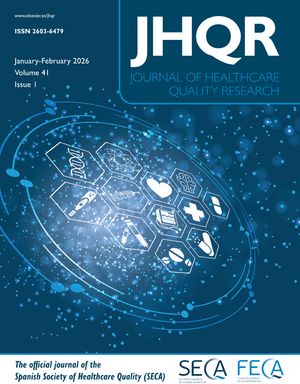Los conceptos intimidad, privacidad y confidencialidad se suelen utilizar indistintamente como sinónimos, aunque existen diferencias entre ellos. Se realiza un análisis histórico de su nacimiento y desarrollo y la modificación de su conceptuación como un deber del profesional, hasta lo que son hoy, un derecho de los ciudadanos, con sus consiguientes excepciones. Se analizan también las teorías filosóficas sobre el secreto que predominan en nuestro entorno y su distinta relación con los objetivos de salud. Se realiza una reflexión sobre la privacidad como valor instrumental para la consecución de la autonomía, poniendo al descubierto una importante paradoja del mundo sanitario en esta cuestión: la negación de la autonomía que el sistema hospitalario hace en la práctica mientras la alaba como vía de consecución y mantenimiento de la salud. Se relaciona todo ello con algunas características de la actual relación clínica y se sugiere como alternativa al problema la profundización en las posibilidades que ofrece la bioética en cuanto cruce de tradiciones éticas distintas.
The concepts of intimacy, privacy, and confidentiality are usually used as synonyms, although distinctions can be made among them. The present article presents a historical analysis of the initial use and development of these concepts, and describes how their initial conceptualization as a professional duty has been modified to what they signify today, a citizen’s right, with some exceptions. The main philosophical theories on secrecy and how they relate differently to the goals of health are also analyzed. Privacy is discussed as an instrumental value for the attainment of autonomy, revealing an important paradox in the health system: in practice, the hospital system denies patient autonomy while at the same time praising it as a means of achieving and maintaining health itself. All of these questions are related to certain characteristics of today’s doctor-patient relationship. A deepening of the possibilities offered by bioethics as a link among distinct ethical traditions is proposed as an alternative to the problem analyzed.






